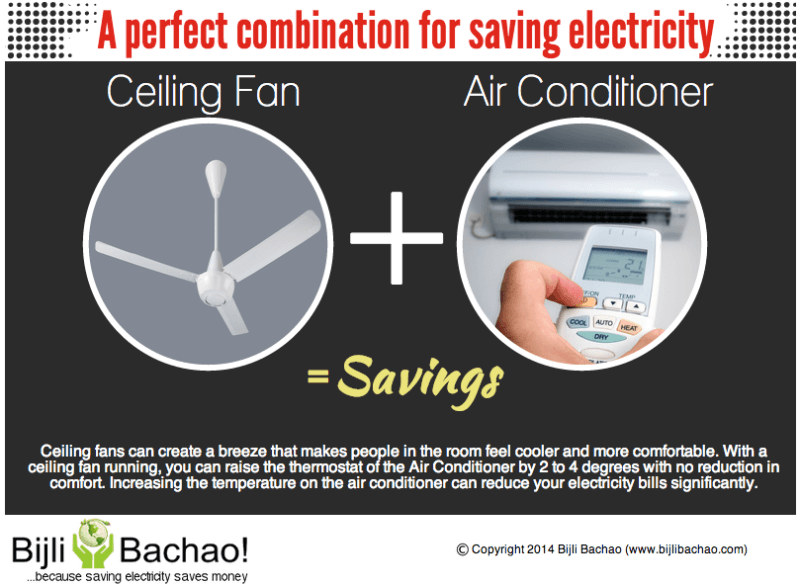Heatpump Vs Furnace - Which Is The Better Home Heating Option For Your Home?
Heatpump Vs Furnace - Which Is The Better Home Heating Option For Your Home?
Blog Article
Writer-McLamb Aldridge
Several home owners know with heating systems, which warmth homes with oil or natural gas and press hot air through ductwork. They are reasonably low-cost and can supply trusted heating even during a wintertime power failure.
Nevertheless, they utilize fossil fuels and generate carbon monoxide and various other air contamination. They likewise aren't as energy-efficient as a high-efficiency heat pump.
Cost
Normally, heatpump are a lot more budget-friendly to run than furnaces. They normally utilize power and refrigerant to extract warm from outside air, and after that move it into your home. You can take advantage of less costly electrical energy prices throughout off-peak hours to further lower your home heating expenses.
Unlike heat pumps, gas or wood-burning furnaces use burning to produce warm, giving off flue gases right into the ambience that can be hazardous to your health. These furnaces are likewise less energy-efficient than heatpump, and their higher operating costs can accumulate with time.
Heaters are extra complex than heat pumps and need regular maintenance to make certain the appropriate function of all parts. Regardless of this, they often tend to last longer than heat pumps with a common lifespan of twenty years or even more. However, you'll require to consider the price of gas, fuel oil or wood and the extra devices needed for installment and operation such as air ducts and air flow systems.
Energy Performance
Heat pumps have a higher energy effectiveness rating than heaters. These systems utilize power to feed on heat from the air, even in freezing temperature levels. They can additionally get rid of excess warmth from the home during warmer months and reuse it to cool down the system. Provider specialists can aid you determine the most effective design for your home on environment and resource energy costs.
Heaters burn fuel oil, gas, natural gas or other types of fossil fuel to warm the air in the home. This air is after that spread via ductwork making use of a big follower. Heating systems produce greenhouse gases and call for routine upkeep and tools upgrades to make certain risk-free operation.
The largest advantage of a furnace is that it can be run also in extreme winter months problems since it does not count on outside temperatures to heat the air. Heaters also have a longer life-span than heat pumps and typically last 15 years. They can additionally be paired with twin fuel alternatives, which select the most efficient home heating alternative based on the weather condition.
Environment
Heat pumps function well in moderate environments and utilize much less resource energy than heaters. Nonetheless, if your area is exceptionally cool, you may require to buy a typical gas heater instead.
Heaters offer warm, cozy heat and normally provide fast home heating to raise interior temperatures. These systems can be used with a variety of fuel kinds, consisting of natural gas, propane, oil or power.
They consume more energy than heat pumps-- as much as 3x as much-- and require ductwork that's costly to install or retrofit. They're additionally a lot more costly to maintain, as they can cause air top quality problems and generate greenhouse gas discharges.
If you're committed to lowering your carbon impact, a heatpump is a great option for your home. They have fewer greenhouse gas discharges than furnaces, especially if you select an ENERGY CELEBRITY ® heat pump. Your local copyright specialist can describe the differences in between these two furnace and assist you make the most effective decision for your distinct needs.
Personal Preferences
Furnaces can be extremely power efficient when powered by gas, gas or oil, yet they aren't as power reliable as heat pumps in frigid climates. They can also be more pricey to set up, requiring gas lines and ventilation systems.
Nonetheless, furnaces tend to require less maintenance, which can lead to lower continuous prices. They produce less greenhouse gases and are extra reputable than heatpump during extreme weather condition.
Electric heat pumps are extra functional in developing indoor comfort due to the fact that they can also work as air conditioning unit during warmer months. They can be more convenient to keep, calling for just routine air filter adjustments and occasional vacuuming.
If you choose the benefit of a solitary system that does it all, think about a crossbreed home heating service that sets a heater with an electric heat pump. you can try here can automatically change in between both home heating alternatives based on your home's needs and temperature problems, taking full advantage of efficiency and savings.